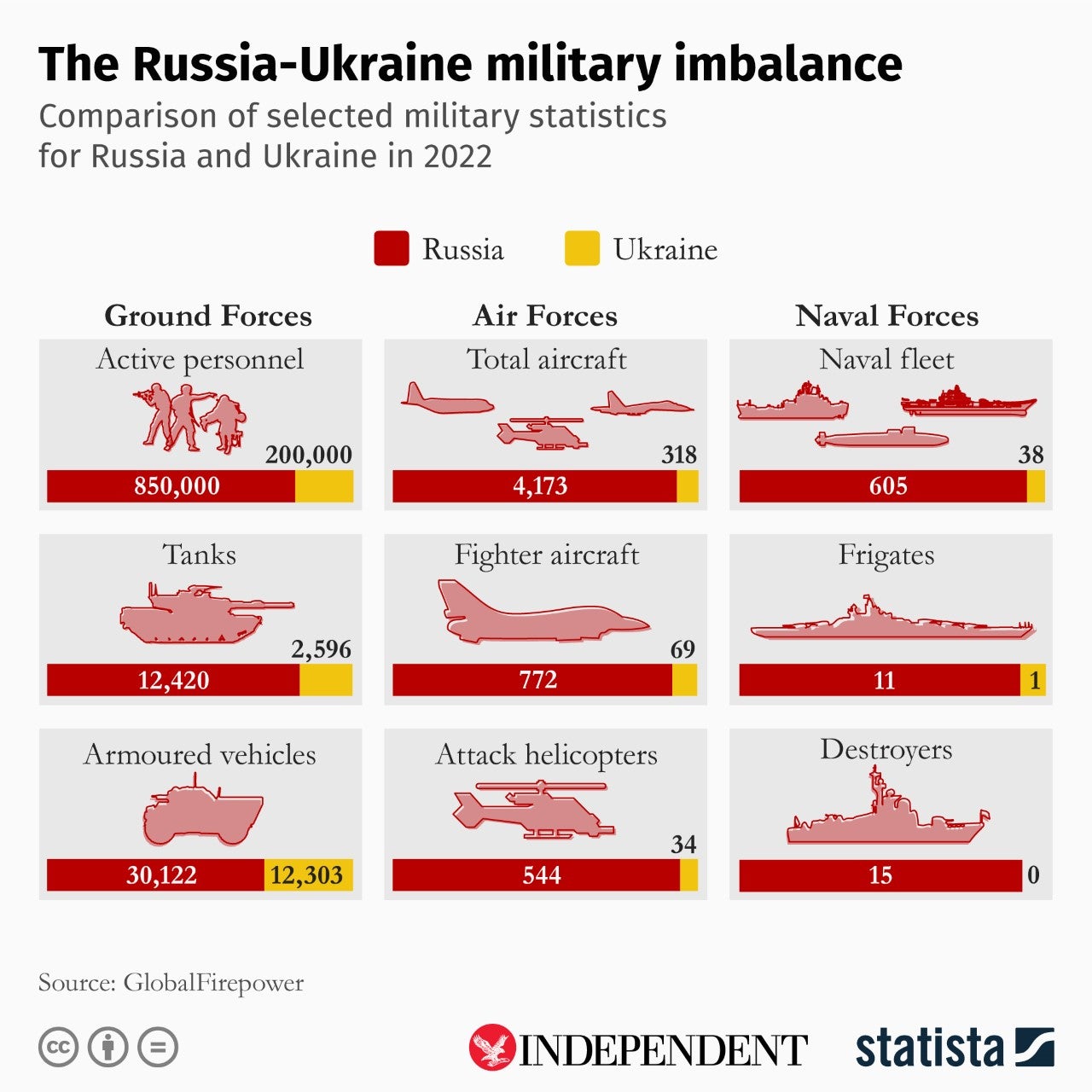German Chancellor is latest leader to get long table treatment at Putin meeting
Olaf Scholz is in Moscow to discuss the Ukraine crisis with Russia’s Vladimir Putin
Your support helps us to tell the story
From reproductive rights to climate change to Big Tech, The Independent is on the ground when the story is developing. Whether it's investigating the financials of Elon Musk's pro-Trump PAC or producing our latest documentary, 'The A Word', which shines a light on the American women fighting for reproductive rights, we know how important it is to parse out the facts from the messaging.
At such a critical moment in US history, we need reporters on the ground. Your donation allows us to keep sending journalists to speak to both sides of the story.
The Independent is trusted by Americans across the entire political spectrum. And unlike many other quality news outlets, we choose not to lock Americans out of our reporting and analysis with paywalls. We believe quality journalism should be available to everyone, paid for by those who can afford it.
Your support makes all the difference.German Chancellor Olaf Scholz has become the latest European leader to be seated at a distance from Vladimir Putin at the Kremlin’s giant conference table, as he attempted to de-escalate tensions over Ukraine.
Mr Scholz met the Russian president in Moscow on Tuesday in the latest diplomatic push over the Ukraine crisis, and much like French President Emmanuel Macron last week, the German leader decided against having a Covid test taken by the Russians.
Instead, a doctor from the German embassy in Moscow administered a PCR test on board the plane when it landed in Moscow earlier today, according to a German government source.
Consequently, Mr Scholz was pictured today sat at the opposite end of the table from the Russian leader - at least 10ft away - leading to further amusement on social media at the socially distanced talks.
In recent weeks, Mr Putin has also hosted Hungary’s strongman Viktor Orban – his closest ally in the European Union – and Iranian president Ebrahim Raisi, in both cases maintaining distance from his counterparts at opposite ends of the outlandishly large table.
World leaders visiting Moscow are reportedly given the choice between accepting a test done by the Russian authorities and being allowed to get close to Mr Putin or refusing and staying at a distance.
Following Mr Macron’s visit last week, a French government source said: “We knew very well that (refusing a Russian Covid test) meant no handshake and that long table. But we could not accept that they get their hands on the president’s DNA.”
While coronavirus is given as the reason, Olga Khvostunova, director of the Institute of Modern Russia, a US-based think tank, previously told The Independent that Mr Putin could be using the distance at the table as a power play.
“It’s all about unnerving the opponent – state leaders are not used to being treated this way, so it is often quite effective – and, at the same time, signalling to the supporters that Mr Putin has got the upper hand. It’s what Russians call a ‘subtle trolling’ (tonkiy trolling),” she said last week.
Mr Scholz’s talks with Mr Putin are expected to be lengthy as tensions simmer over a possible Russian invasion of Ukraine.

In his opening remarks in the Kremlin, Mr Scholz addressed the Ukraine tensions but also noted Germany’s economic ties with Russia, which complicate Western efforts to agree on which sanctions to use in case of an invasion.
It comes as Moscow said today that some units participating in military exercises were returning to their bases, pointing to a potential de-escalation of hostilities. However, Nato later said it had seen no signs of reduced Russian military presence near Ukraine’s borders.




Join our commenting forum
Join thought-provoking conversations, follow other Independent readers and see their replies
Comments